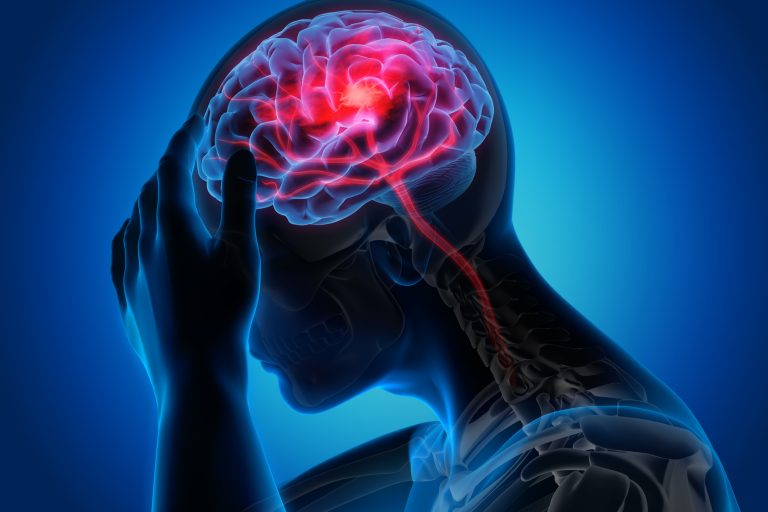
Artificial intelligence (AI) can be used to give stroke patients an individualized and more accurate estimate of their risk of recurrence than would otherwise be available, according to a new study by researchers at Vall d’ Hebrón University Hospital’s Institute of Research (VHIR), Barcelona, Spain, and collaborators.
The study, presented at this year’s European Stroke Organisation Conference, used calculations based on both non-modifiable risk factors, such as age and ethnicity, and modifiable lifestyle risk factors and habits. These included smoking, weight, blood pressure and cholesterol, diet, obesity, physical activity levels and treatment compliance, as well as socio-economic factors. These different factors can be combined to enable a more accurate prediction of an individual’s risk of recurrence, within 3 months, one year, and more than a year, helping to prevent recurrence and improving patients’ treatment adherence.
Lead author Giorgio Colangelo, AI Research Manager at VHIR, commented, “We were able to use AI to predict the stroke recurrence at 3 and 12 months on an individual level, and knowing this risk has clinical value for doctors and for patients. Risk factors included high blood pressure and raised cholesterol, atrial fibrillation or sleep apnea. We also determined and quantified what are the most relevant risk factors and which of them each patient can modify in his or her lifestyle.”
The researchers believe their study will help to identify the most important factors for preventing stroke recurrence and has the potential to help prevent many thousands of strokes a year in Europe, and in doing so prevent many deaths and cases of disability.
In 2017, there were 1.12 million first strokes in the European Union (EU), 460,000 stroke-related deaths, and 7.06 million disability adjusted years lost due to stroke. It’s estimated that, globally, one in four adults over the age of 25 will have a stroke during their lifetime.
Approximately one in four stroke survivors have another stroke and research suggests up to 80% of those events might be prevented with the right treatments and lifestyle changes. The number of people living with stroke is expected to rise by 27% between 2017 and 2047 in the EU, mainly due to an increase in the number of people over 70.
This study used a dataset of 41,325 patients admitted with a stroke diagnosis in 88 public hospitals over six years, and included them in an AI-based model which provided an individualized risk of stroke recurrence at three and 12 months.
Marta Rubiera, neurologist at Vall d’ Hebrón University Hospital and coordinator of the study, said: “We hope the data may be used to create a much more personalized prediction of if, and when, patients might have another stroke, and that by explaining the impact of individual risk factors, it will make patients more likely to comply with any treatment prescribed or lifestyle changes suggested, reducing the likelihood of having another stroke.”
Marc Ribo, interventional neurologist, and Chief Scientific Officer at Nora Health, which also participated in the study, concluded, “Patient awareness and empowering self-care are crucial to reduce the risks of recurrent stroke. This study will help inform the personalization of a recently developed app, NORA and greatly improve patients’ risk management.”











